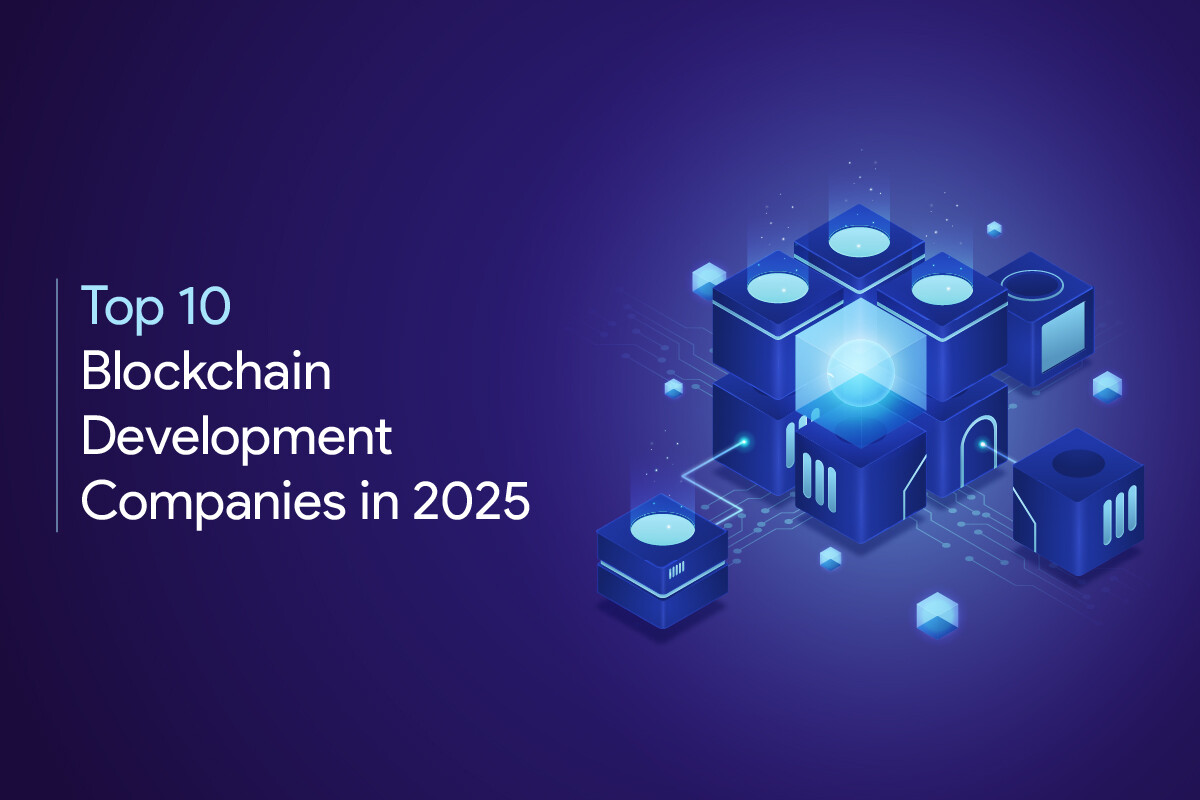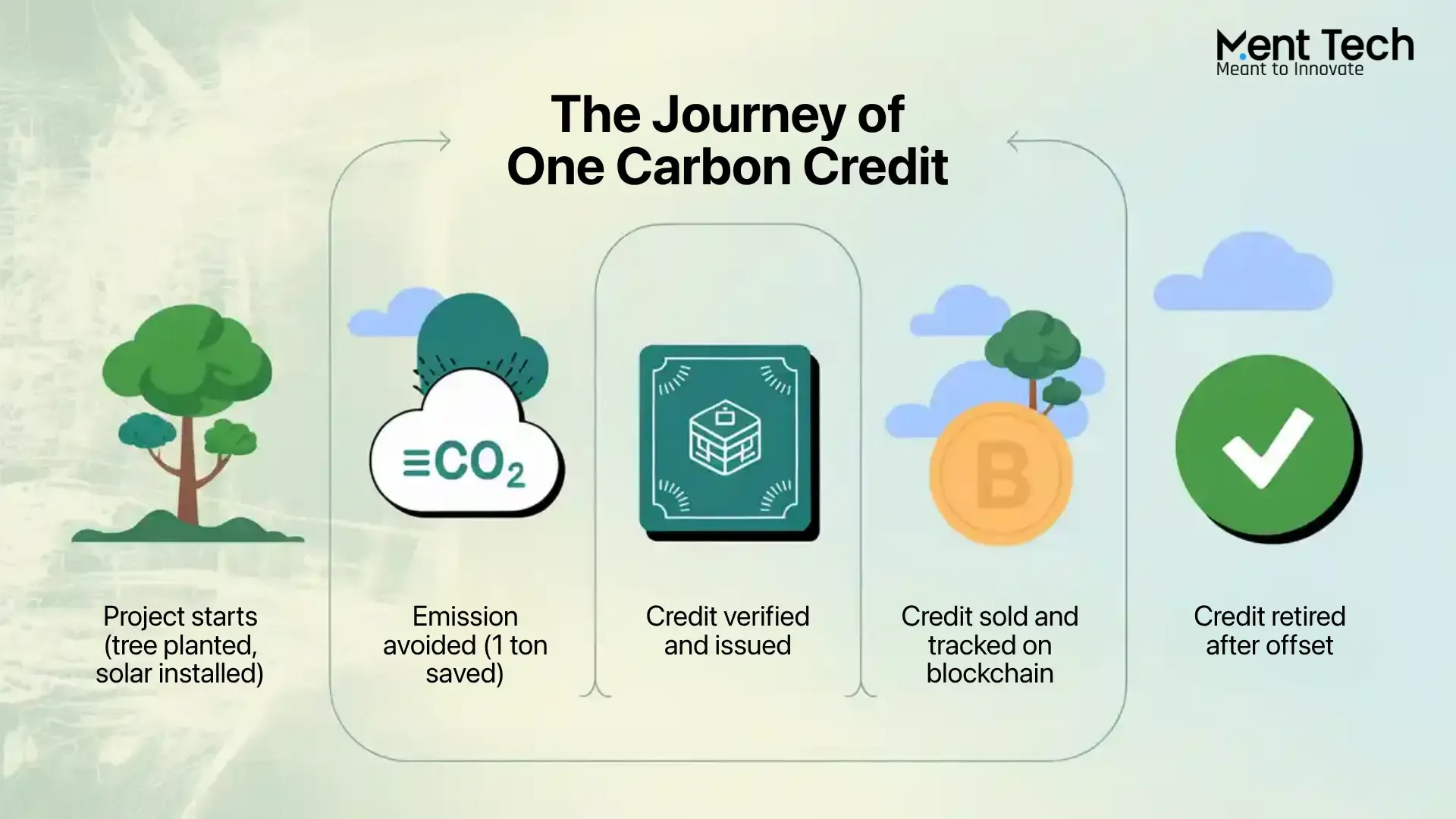Blockchain Developers for Hire: Enhancing Traceability in Supply Chains

Strong 8k brings an ultra-HD IPTV experience to your living room and your pocket.
Introduction
✍️ Blockchain is powering more than just crypto. Visit our article on blockchain technology to explore its use in identity verification, intellectual property, and transparent supply chains.
In today’s fast-paced, interconnected world, supply chains are more intricate than ever. From raw materials to the final product on store shelves, tracking every step of the journey is a Herculean task. Errors, inefficiencies, or gaps in traceability can lead to costly delays, fraud, and damaged reputations. But here’s where a game-changing solution has emerged: blockchain. Enter blockchain developers—the experts who harness the power of decentralized, transparent, and immutable systems to revolutionize how we trace goods in supply chains.
Let’s dive into how blockchain developers are enhancing supply chain traceability and why their role is now crucial in keeping modern businesses on track.
The Struggle with Traditional Supply Chains
It’s no secret that traditional supply chains are riddled with obstacles. For one, there’s the issue of opacity—many parties involved don’t have full visibility into what’s happening at each stage. And then there’s the outdated reliance on paper trails and siloed systems, which leave room for mistakes, fraud, or even the entry of counterfeit goods into the system. As goods travel through multiple hands, it’s often unclear where they’ve been, who’s handled them, or whether they’ve been tampered with. This lack of traceability puts businesses at risk and erodes consumer trust.
But what if there were a way to solve these problems? What if we could create a system where transparency is the norm, where the journey of every product is fully visible, and where the authenticity of goods is guaranteed? That’s where blockchain comes in.
Blockchain: The Answer to Supply Chain Traceability
At its core, blockchain is a decentralized, digital ledger that securely records transactions across multiple computers. Once a transaction is entered, it’s cryptographically sealed in a "block" and linked to the previous one, creating an immutable chain of records. Sounds like something out of a sci-fi novel, right? But it’s the backbone of a new era in supply chain management. With blockchain, every movement of goods is documented, timestamped, and accessible to anyone with permission—without the need for intermediaries.
And this transparency isn’t just theoretical. Blockchain makes the supply chain more secure, more transparent, and more efficient. By tracking products from their origin all the way to the consumer, blockchain ensures that goods are authentic, safe, and handled with care at every step. The possibilities are endless, but let’s take a closer look at how blockchain developers are bringing these benefits to life.
How Blockchain Developers are Enhancing Supply Chain Traceability
1. Creating Transparent, Secure Systems
Blockchain developers build systems that empower businesses with transparency. With blockchain, every participant in the supply chain—from the manufacturer to the retailer—can access the same information in real time. Imagine a farmer sending organic produce to a grocer. With blockchain, both parties, and even consumers, can track the product’s journey at every stage. Did it come from a certified, sustainable farm? Is it fresh? Has it been stored properly?
Each step is recorded in a tamper-proof system, ensuring that the information is reliable and accurate. Blockchain provides a level of transparency that was previously unattainable. What’s more, every transaction is secured through cryptography, making it nearly impossible to alter or manipulate the data. This level of security is critical in preventing fraud and ensuring the authenticity of goods—especially in industries like pharmaceuticals, luxury goods, and food, where counterfeit products are a growing concern.
If your business is looking to implement blockchain-based supply chain solutions, it’s essential to hire a blockchain developer who specializes in designing secure, transparent systems. Whether you choose to hire an offshore blockchain developer, a nearshore blockchain developer, or a remote blockchain developer, their expertise will ensure that your system is reliable, tamper-proof, and built to scale.
2. Tracking Goods from Origin to Destination
Blockchain developers create end-to-end tracking systems that follow goods from their origin to their final destination. Every time goods change hands, whether they’re passing through customs, being delivered, or simply moving between warehouses, blockchain records the event. These transactions include time stamps, location data, and other relevant information.
This level of tracking offers unparalleled insight into the journey of goods. Take the fashion industry, for instance. Blockchain can trace the path of a piece of clothing from its raw material—say, cotton—right through to the retail store. By providing consumers and businesses alike with this transparency, blockchain eliminates the guesswork and potential for fraud. Customers can rest easy knowing that the leather bag they purchased is authentic and ethically sourced, not a knockoff.
For businesses looking to integrate end-to-end tracking into their operations, hiring a blockchain developer, whether on-site or remote, is key to ensuring that the system is both comprehensive and efficient.
3. Reducing Risk, Increasing Efficiency
The complexities of traditional supply chains often lead to inefficiencies—delays, errors, and the occasional lost shipment. Blockchain dramatically reduces these risks by providing a clear, unchangeable record of transactions. Every event in the supply chain is documented, allowing businesses to identify bottlenecks, inefficiencies, and potential fraud.
Moreover, blockchain reduces reliance on intermediaries. In a conventional supply chain, third parties often act as gatekeepers or middlemen, which can slow things down and add costs. Blockchain’s decentralized nature allows for direct transactions between parties, streamlining operations. With blockchain, businesses can reduce administrative costs, avoid human error, and enhance the overall speed and efficiency of their supply chains.
If you want to maximize operational efficiency and streamline your supply chain processes, it’s crucial to hire blockchain developers with expertise in designing systems that reduce friction and risk. Whether you choose to hire an on-site blockchain developer or go with a remote blockchain developer, their role will be pivotal in achieving your goals.
4. Ensuring Compliance and Regulatory Standards
For industries like food, pharmaceuticals, and chemicals, ensuring compliance with regulations is a top priority. Blockchain technology enables businesses to maintain strict adherence to regulatory standards. With every quality check, temperature control, and inspection recorded on the blockchain, compliance becomes an automated, transparent process.
Let’s take the example of pharmaceuticals. With blockchain, every batch of medicine can be traced from manufacturing to distribution, ensuring that the drugs are stored under the proper conditions and reach the consumer safely. This kind of traceability is invaluable when it comes to managing recalls or preventing the entry of counterfeit products into the market.
To implement compliance-focused blockchain systems, companies must hire blockchain developers who understand both the technology and the regulatory landscape. Whether you choose to hire offshore blockchain developers or opt for a nearshore blockchain developer, their expertise will ensure that your system meets industry standards and compliance requirements.
5. Building Trust with Consumers
Today’s consumers are more informed—and more skeptical—than ever. They want to know where their products come from and how they were made. With blockchain-powered traceability, companies can offer this transparency. Consumers can see exactly where their goods were sourced, how they were transported, and whether they meet ethical standards.
For example, consumers buying organic food can verify that the produce they’re purchasing truly comes from an organic farm and has been transported in accordance with strict guidelines. This level of transparency builds trust, fosters loyalty, and can even command a premium price.
Blockchain developers play a key role in designing systems that allow businesses to communicate this transparency to consumers. Whether you choose to hire a remote blockchain developer or an on-site blockchain developer, they will help create a system that enables businesses to showcase their product journey with complete transparency.
The Role of Blockchain Developers in Supply Chain Innovation
Blockchain developers are the architects behind these transformative systems. They design and implement solutions that integrate blockchain with existing supply chain infrastructures. They ensure the system is scalable, secure, and tailored to the specific needs of each business.
Developers must be familiar with various blockchain platforms such as Ethereum, Hyperledger, and Corda, each offering different strengths for supply chain applications. They work closely with supply chain managers, data analysts, and other stakeholders to create seamless systems that can handle large volumes of transactions and integrate with other technologies.
Whether you decide to hire offshore blockchain developers or look for on-site blockchain developers, their expertise will be essential in ensuring that your blockchain solution is robust, scalable, and efficient.
Conclusion: The Future of Supply Chain Traceability
As businesses continue to embrace blockchain technology, the role of blockchain developers will only grow in importance. By providing solutions that enhance transparency, security, and efficiency, blockchain developers are at the forefront of revolutionizing how goods are tracked in the supply chain.
The future of supply chain traceability is here. With blockchain, businesses can ensure that products are authentic, comply with regulations, and move efficiently from origin to destination. And in an era where consumers demand transparency and accountability, blockchain-powered traceability is not just a nice-to-have—it’s a must-have.
Blockchain developers are the key to unlocking this future, and their expertise will shape the supply chains of tomorrow.
Note: IndiBlogHub features both user-submitted and editorial content. We do not verify third-party contributions. Read our Disclaimer and Privacy Policyfor details.







